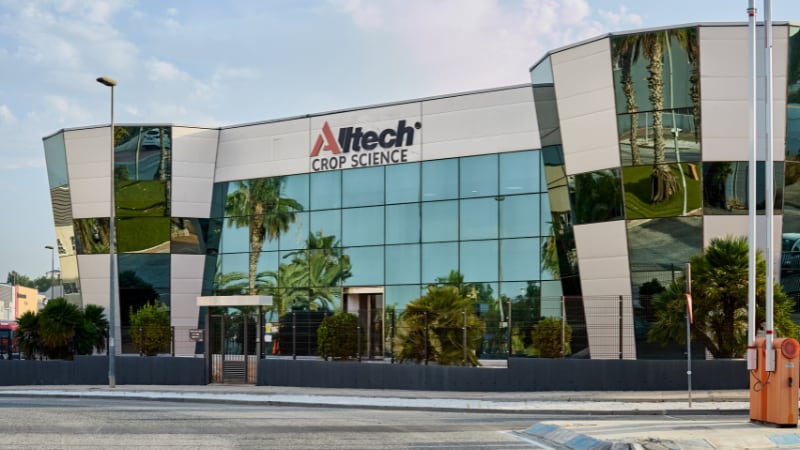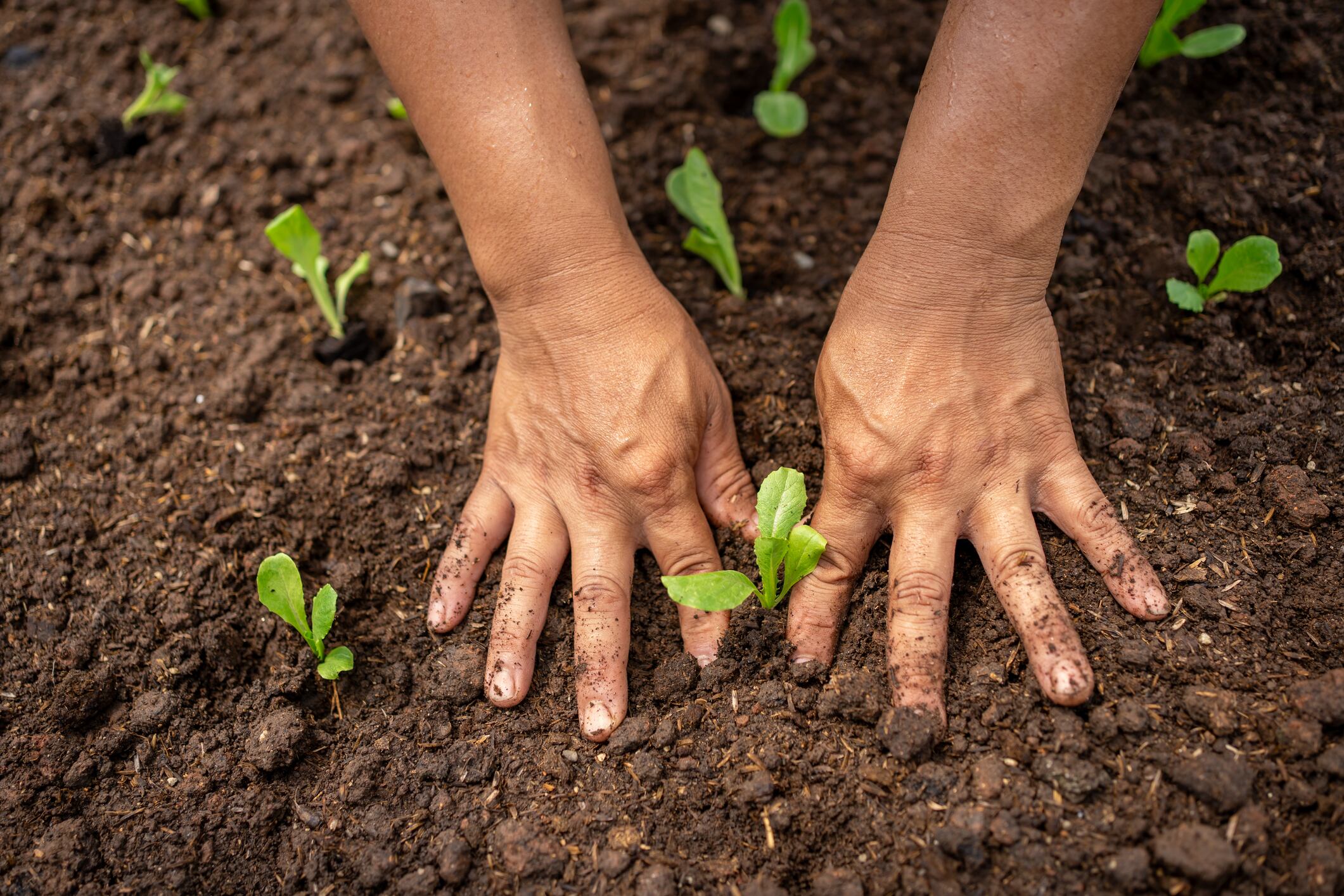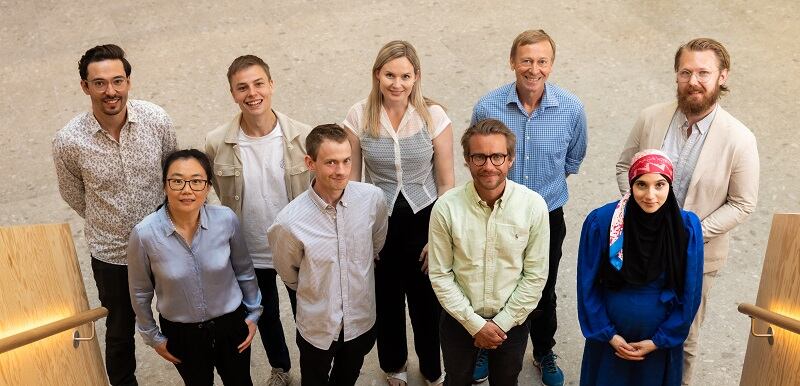Alltech is investing in a biofertilizer plant to help meet demand for U.S.-produced crop inputs, while the animal nutrition and crop science company is experiencing growth across international markets, like Brazil, Steve Borst, VP of Alltech Crop Science, told AgTechNavigator.
The 15,000-square-foot facility will be located at Alltech’s global headquarters in Nicholasville, Kentucky, and is based on the model for Alltech Crop Science facilities in Brazil and Spain, the company shared in a press release. Once operational, the facility will manufacture more than 60,000 gallons of biofertilizers per shift per month, producing more than 30 natural products from Alltech Crop Science’s portfolio, the company added.
On Oct. 14, Alltech held a groundbreaking ceremony to commemorate the site of the new plant, hosting Alex Carter, mayor of Nicholasville; David West, Jessamine County judge-executive; and Rocky Adkins, senior advisor to the Kentucky governor.
The $4.6 million facility is made possible through a combination of internal investments and a $2.34 million grant from the USDA Fertilizer Production Expansion Program. The government programme was in response to supply chain volatility that contributed to an increase in fertiliser prices, jeopardizing farmers livelihoods, Borst noted.
“2021/22 is when we saw a dramatic increase in inflation and challenges with supply chains because of the Ukrainian war, and a lot of the raw materials used in the manufacturing of ag inputs were dramatically influenced. ... And so, the USDA established this to try to bring manufacturing more domestically, to limit the exposure for farmers,” Borst elaborated.
Meeting the demand for biologicals in the U.S. & abroad
Alltech Crop Science has developed and commercialized biologicals since the launch of the division in 1994, getting ahead of the biological boom, Borst noted. Since then, the biologicals market has grown along with Alltech Crop Science’s suite of sustainable farming crop inputs, whether that is products for soybeans in Brazil or tomatoes in Spain.
“Over the last 10 years, we have seen a major uptick in the biological solution area, and it is continuing to grow. It is continuing to grow substantially year-on-year, as well as I would say more support is being given by those larger corporations — a lot of investment is going into the biological solution area," Borst elaborated.
Alltech Crop Science continues to grow in Brazil, which is the company’s “biggest market for crop science,” he noted.
“Brazil also has been a leader market-wise [in biologicals]. ... They started to adopt these techniques much more rapidly and much earlier than where the U.S. and the Spanish markets are catching up to now,” Borst added.
At the 39th Brazilian Congress of Nematology last year, Alltech Crop Science launched Reli3ver, a crop input derived from a strain of Bacillus subtilis that protects the root systems of soybeans. Currently, Alltech is seeking Environmental Protection Agency approval for Reli3ver in the U.S., Borst noted.
Regulatory frameworks are changing to meet demand for biological crop inputs, including Europe establishing a new biological registration framework, he pointed out.
“As these technologies are developed and are adopted more and more, the regulatory bodies are catching up to that. And ultimately, the regulatory frameworks for the countries dictate how those technologies come to market,” Borst said.





